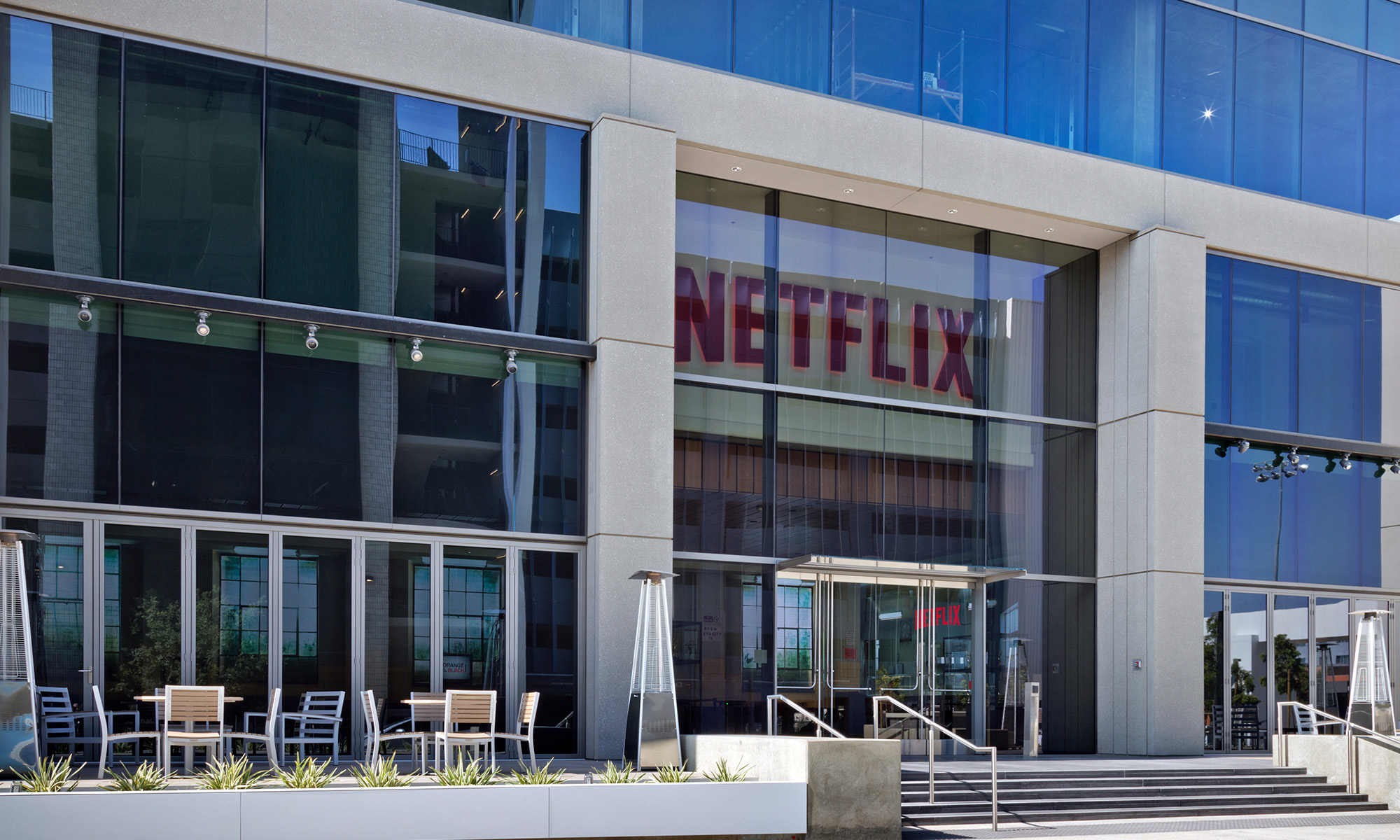Netflix (NFLX 0.87%) just gave the market some good news, as it beat Wall Street estimates on the top and bottom lines with its latest financial update for the three-month period that ended Sept. 30. Shares have jumped 11% since the announcement, as of the time of this writing.
This top streaming stock has been a major market winner historically, soaring a whopping 1,390% in the past decade. And its business is humming along nicely. Is Netflix a no-brainer buy right now?
Another strong quarter for Netflix
Netflix generated $9.8 billion in revenue in Q3, up 15% year over year. And it was supported by a 14.4% rise in subscribers compared to Q3 2023. Netflix now has nearly 283 million total members scattered across over 190 countries.
It was another solid showing from Netflix, which continues bringing on new customers at an impressive pace. The company's ad-based tier, launched almost two years ago, is finding remarkable success. Membership sign-ups for this option were up 35% quarter over quarter. The leadership team said engagement for ad-based customers is similar to those that pay for the ad-free plans.
The business also continues to flex its pricing power in the most mature markets, the U.S. and Canada, with average revenue per membership up 5% in Q3.
Management expects sales to total $38.9 billion for 2024 and between $43 billion and $44 billion in 2025. "The majority of growth next year, we expect to be membership-driven growth," CFO Spence Neumann said on the Q3 2024 earnings call. This will be supported "by both improving our core series and film offering while investing in new growth initiatives like ads and gaming," the shareholder letter reads.
Should the business hit next year's goal, it would imply a compound annual revenue growth rate of 20.4% between 2015 and 2025. That's a truly outstanding track record for the streaming pioneer.

NASDAQ: NFLX
Key Data Points
Scale advantages
Netflix stands head and shoulders above the rest of the industry, thanks primarily to its first-mover advantage. This business realized in the 2000s that the internet was going to transform how people viewed video entertainment. And boy, was that the right call.
This foresight allowed Netflix to rapidly grow its subscriber base at a time when the only competition was from the traditional cable TV providers. Netflix offered a better user experience that was convenient and cheaper than the alternative option. This easily drew customers.
That first-mover advantage has now turned into a tremendous scale advantage. Netflix is expected to rake in more than $43 billion in revenue next year, and its subscriber count is approaching 300 million, giving it a massive sales and user base.
Netflix's current scale is precisely why the business is so profitable, as it can leverage huge content costs. It reported an impressive 29.6% operating margin last quarter and is expected to generate $6 billion to $6.5 billion in free cash flow this year. Spending money on content is a fixed cost, so with more subscribers and revenue, Netflix is able to more than offset that large expense. Most other streaming companies aren't as fortunate.
Press pause
Since Netflix shares hit their recent low point in the spring of 2022, they have come roaring back, rising 322% in the past 29 months. Shares are up 57% just this year, easily outpacing the broader S&P 500 by a wide margin. With the benefit of hindsight, it's wild to think how much the market had soured on this business in the first half of 2022 after it had reported two straight quarters of declining subscribers. Since then, Netflix has been firing on all cylinders.
After such strong stock performance, it's safe to say that the investment community's perspective toward this business has shifted to one of optimism and excitement. Consequently, the shares aren't cheap, trading at a price-to-earnings ratio of 43.2. The current valuation gives me pause, so I'm not a buyer at these levels.
But given this is such an innovative, industry-leading enterprise that's printing cash and is still growing at a nice clip, I can understand why some investors would still be inclined to add Netflix to their portfolios. I just don't fall into this category.





